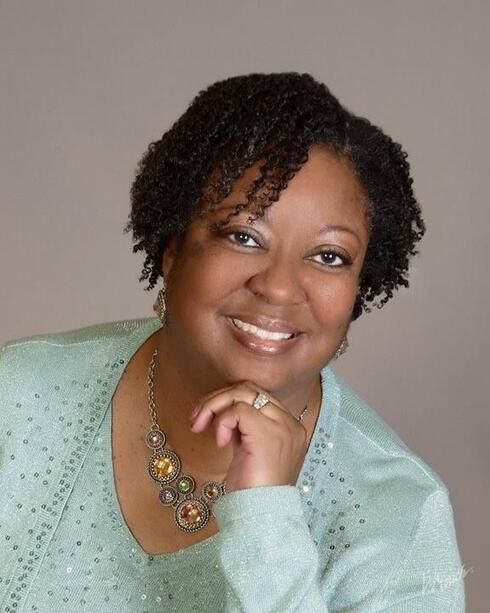Just after I started in my role at WWF in July 2019, the organization was involved in a bison release onto newly designated land in Montana. I thought, “Well, that's nice,” but didn't really understand why it was so important that bison were back on that land.
Months later, in a diversity workshop, we were talking about colonialism and how the English settlers sought to overpower Indigenous peoples who were resisting the takeover of their lands. The settlers attacked their food source: bison.
Suddenly I saw that the bison release wasn’t just a story about rewilding the land. It was a deeply human story about restorative justice, acknowledging historic wrongs, and respecting the culture and traditions of Indigenous peoples. So, I asked myself, why weren’t we telling that part of the story to the world?
The fact is, many of the conservation stories we tell are geared toward people who already get it—lifelong lovers of nature. But if we want to connect with more diverse groups of people, we must listen to and learn from people with diverse experiences, use those perspectives to shape our priorities, and share stories about our work in meaningful and inclusive ways.
Truth be told, I had struggled to connect with WWF’s mission when I first saw the advertisement for the position I now hold. I said to myself, “Black people don't do that kind of stuff. It’s not our world.” I hesitated, even though the job ticked all my boxes: It was a diversity-focused role in a mission-oriented organization, in an industry that was new to me.
And despite being someone who helps people and organizations get the best out of each other by embracing diversity, I’d fallen into the trap of letting my biases limit my thinking. But I quickly realized that my initial trepidation—that sense of not belonging in the conservation world—was exactly why WWF needed someone like me in a role like this.
The fact is many conservation organizations like WWF aren’t as diverse as they probably should be. Approximately 67% of WWF’s US-based employees are white. So we are taking steps to increase underrepresented populations within the organization.
For example, our employment practices can sometimes limit the pool of talent we are able to attract. Some of our internships are unpaid and offer school credit in lieu of financial compensation. This means we are likely excluding people who may need to earn an income.
